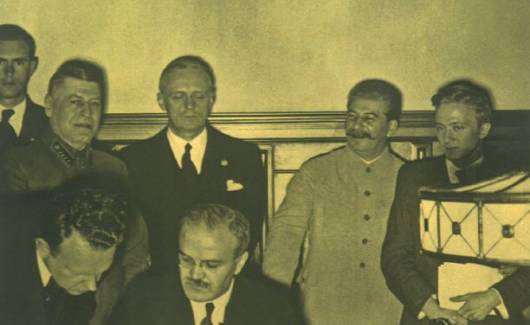In creating the first issue of Remembrance and Solidarity: Studies in 20th Century European History, we elected not to give it a theme any more precise than what the title seems to suggest. Nonetheless, the scholars we invited to contribute, no matter whether they were experienced or young, submitted texts in which two relatively clear tendencies are evident. The first is the theme of remembering the history of the 20th century in terms of political and societal issues. The authors describe debates and decision-making processes leading to the establishment of days commemorating certain events or situations in which new political rituals come into being that are meant to change our perception of the past. They compare the reigning principles in historical memory in Eastern and Western Europe, and consider the roles of the great historical caesurae in forming a sense of community within a generation. The subject of memory and its political function and potential has evidently lost none of its relevance, and continues to attract researchers, although it has been widely discussed and addressed in Europe for at least twenty years. Another aspect that unites the majority of texts is reference to communist history. This surely results from the history of the communist system and regimes having been ‘delved into’ to a much lesser degree than that of Hitlerism and its affiliated ideologies, and the sinister mark they have left on the history of 20th-century Europe. Although it is not the intention of the publishers of Studies to oppose this sort of compensatory work in the fields of history and memory, we hope that the coming issues of our annual magazine will be devoted to the memory of crises (2013), which were plentiful in 20th-century Europe, and the memory of World War One and its far-reaching effects (2014).
Go through our publications! At ENRS, we want to create a forum for exchange of opinions between historians, social studies scholars, and representatives of other disciplines engaged in memory studies. One of the ways of achieving this goal is by publishing our own annual journal "Remembrance and Solidarity Studies", as well as supporting external publications focused on remembrance and history of the 20th century in Europe.
